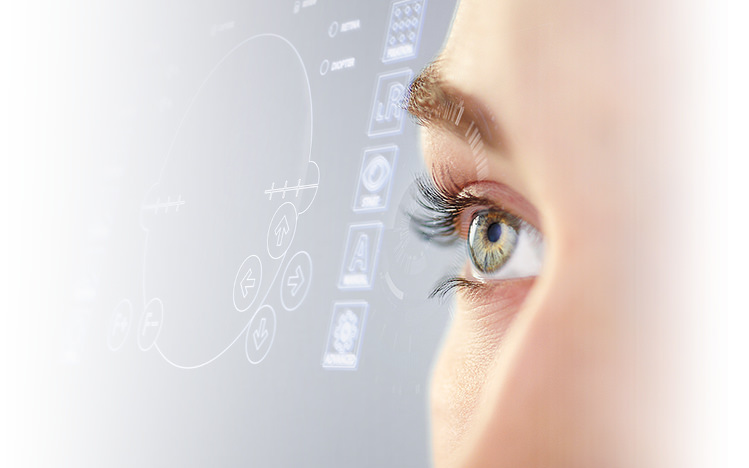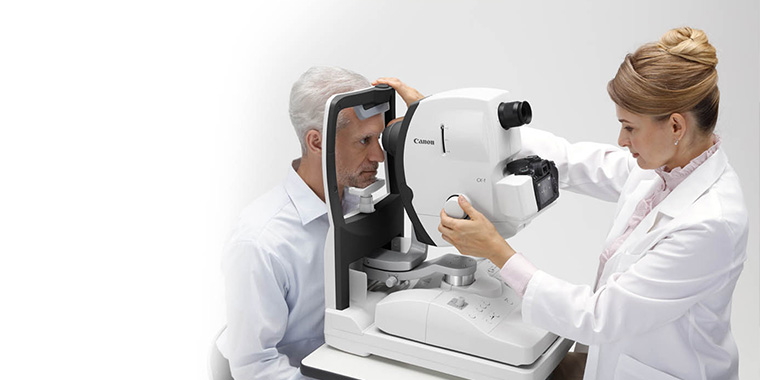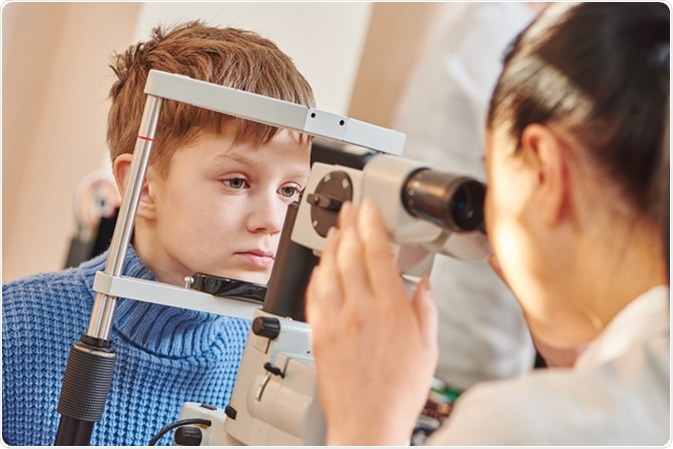The Complete Break Down of Retina Disorders and How They Affect Your Vision
Retina conditions can disrupt this fragile procedure, leading to a variety of vision impairments. By exploring the makeup of the retina, typical disorders that can influence it, their causes, symptoms, and offered treatment alternatives, we can obtain useful insights right into protecting and safeguarding our vision.
Overview of Retina Composition
The complex structure of the retina serves as the foundation for visual understanding and plays a critical role in the process of transforming light right into neural signals for the mind to analyze. Located at the back of the eye, the retina consists of several layers that work together seamlessly to assist in vision. Understanding the intricate anatomy of the retina is fundamental in comprehending just how vision features and just how numerous retina problems can affect visual perception.

Common Retina Disorders
Retina conditions include a series of problems that influence the detailed framework of the eye liable for aesthetic handling. One common condition is age-related macular degeneration (AMD), a leading source of vision loss in people over 50. AMD influences the macula, a part of the retina essential for sharp central vision, causing blurriness or unseen areas in the main aesthetic area.
An additional widespread problem is diabetic retinopathy, taking place in people with diabetes mellitus. High blood sugar levels damage the blood vessels in the retina, leading to vision disability or blindness if left untreated. Retinal detachment is a serious problem where the retina retreats from its typical position, causing an unexpected onset of drifters, flashes of light, or loss of vision in a curtain-like pattern.
Last but not least, retinitis pigmentosa is a group of genetic disorders that cause the breakdown and loss of cells in the retina, leading to evening loss of sight and a progressive narrowing of the visual field - eye doctors in andalusia. Understanding these usual retina problems is vital in protecting vision and seeking timely clinical treatment
Reasons For Retina Disorders
Various aspects add to the growth of retina disorders, including hereditary tendencies, lifestyle choices, and underlying wellness conditions. Genetic proneness play a considerable duty in numerous retina disorders, such as retinitis pigmentosa and macular degeneration. People with a household background of these conditions go to a higher threat of developing them as a result of inherited hereditary anomalies impacting the retina's feature.
Lifestyle options can also affect retina health. Cigarette smoking, for instance, has been connected to an increased threat of age-related macular degeneration, a common retina disorder that can bring about vision loss. Poor dietary behaviors lacking important nutrients like vitamins A, C, and E, along with omega-3 fats, can also add to the advancement of retina problems.
Underlying wellness conditions, such as diabetes mellitus and high blood pressure, are recognized to affect the retina. Diabetic retinopathy, a problem of diabetes mellitus, can create damages to the blood vessels in the retina, resulting in vision problems. Likewise, high blood pressure can result in hypertensive retinopathy, where high blood stress affects the capillary in the retina, possibly creating vision problems. Understanding these reasons is important in preventing and managing retina conditions.
Signs And Symptoms and Medical Diagnosis
Offered the substantial influence that creates such as hereditary predispositions, lifestyle choices, and underlying health problems can carry the advancement of retina disorders, it is essential to identify the signs and symptoms and use efficient analysis techniques for early discovery and administration. Symptoms of retina disorders can differ relying on the details problem however may pop over to this web-site include blurred or misshaped vision, the unexpected look of advances or flashes of light, a dark place in the facility of your vision, or a steady loss of main vision. If you experience any one of these symptoms, it is important to seek prompt medical focus.
Early discovery via regular eye exams is key to stopping vision loss and handling retina disorders successfully. If detected with a retina condition, your medical care service provider will certainly function with you to create a tailored therapy strategy to preserve your vision.

Treatment Choices and Administration
Therapy options for retina disorders differ depending on the underlying reason and extent of the problem. In instances of retinal detachment, medical treatments such as vitrectomy or scleral fastening may be required to reattach the retina and avoid vision loss.
Regular eye examinations and early discovery of retina problems are necessary for effective administration and therapy results. People with retina disorders should function very closely with their ophthalmologist to develop an individualized therapy strategy that resolves their specific needs and helps preserve ideal visual feature.
Final Thought
In verdict, recognizing the makeup of the retina, common problems, triggers, signs and symptoms, medical diagnosis, and treatment options is important in handling vision disabilities. Retina conditions can substantially influence vision and top quality of life, making very early discovery and appropriate administration important. By remaining informed regarding these conditions and seeking appropriate healthcare, individuals can much better preserve their vision and keep overall eye health.

Understanding the complex makeup of the retina is essential in comprehending how vision functions and exactly how various retina disorders can impact visual understanding.
Retinal detachment is a severe condition check out here where the retina draws away from its regular position, causing an abrupt onset of floaters, flashes of light, or loss of vision in a curtain-like pattern.
Symptoms of retina disorders can differ depending on the particular problem but may consist of blurred or distorted vision, the abrupt look of drifters or flashes of light, a dark area in the center of your vision, or a gradual loss of central vision.In conclusion, understanding the anatomy of the retina, common conditions, causes, symptoms, medical diagnosis, and treatment options here is crucial in managing vision problems.